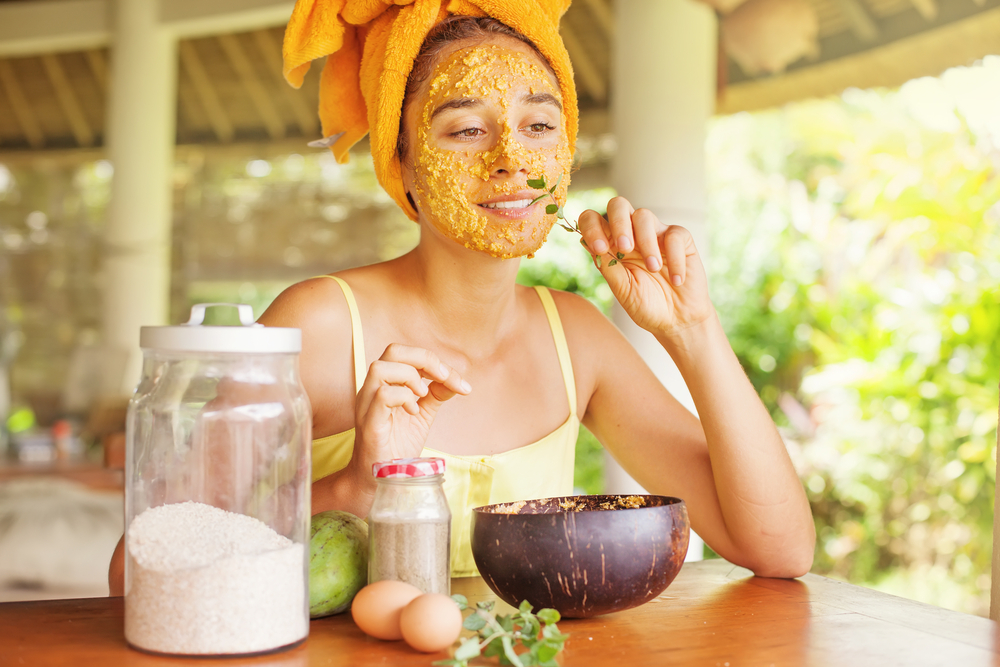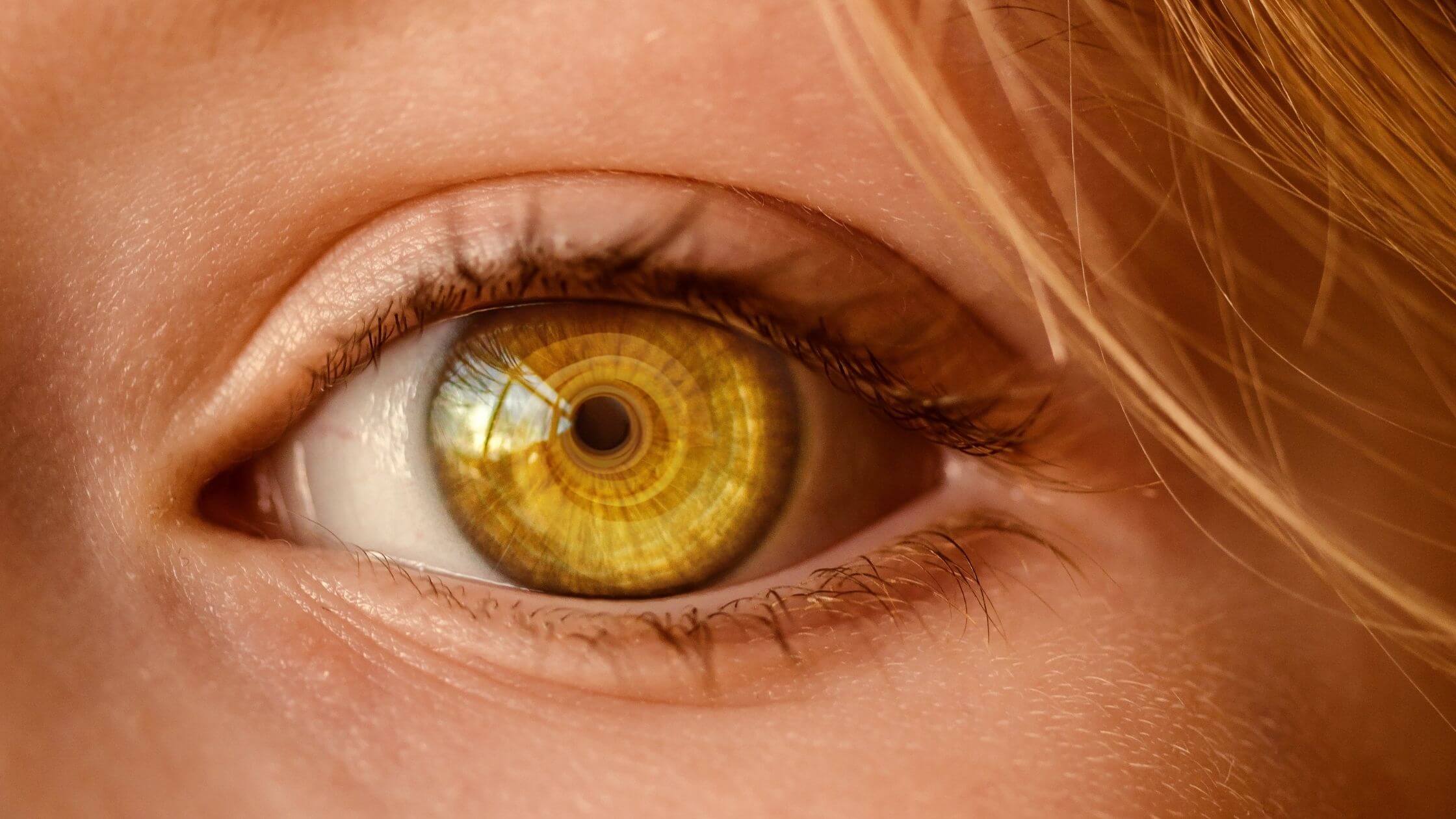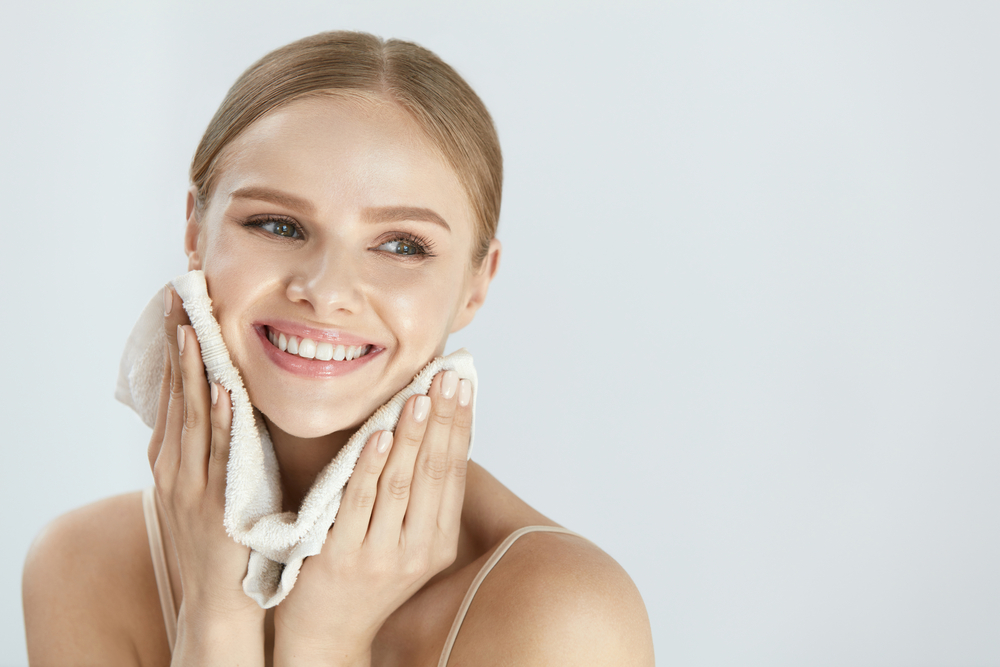- Consumed or applied directly to the skin, honey’s natural antibacterial properties can reduce breakouts.
- Apple cider vinegar is beneficial as a toner—it can balance skin’s pH balance.
- Tea tree oil has been shown to be as effective as benzoyl peroxide in reducing acne breakouts.
- Toothpaste, baking soda, and Listerine contain ingredients that may help with acne, but they can also irritate the skin.
Acne Vulgaris—more commonly known as acne—is an inflammation of the sebaceous glands that affects some 60 million people in the United States. This condition is characterized by blackheads or whiteheads, pimples, and oily skin.
Almost everyone will be affected by acne at some point in their lives, especially during their teenage years. However, some adults may continue to suffer from acne—and the scars it leaves behind can last a lifetime.
It is no wonder that popular sources of information—beauty magazines and the Internet—are rife with at-home remedies for acne. With so much information available, it can be hard to separate the truth from the hype. That’s why we asked the experts to comment on the effectiveness of eight commonly recommended natural acne treatments.
Honey
Honey has received a lot of press for its natural antibacterial and antimicrobial properties. In fact, honey stored in ancient Egyptian tombs dating back 3,000 years is still safe to consume. Research reveals one part of the mystery of how honey works: its chemical structure enables production of hydrogen peroxide, a disinfectant.
Rebecca Lee is a Registered Nurse and the founder of RemediesForMe.com. She suggests adding honey to a daily health and beauty regimen. “First, you can incorporate it into your diet,” says Lee. “Try using honey as a sweetener in your tea or adding it to your salad dressing. Another option is to apply the honey directly to the affected areas. Leave on for a few minutes, then rinse it off with warm water.”
Before starting any honey regimen there are two things you must be certain of:
- Ensure you do not have a honey allergy.
- Ensure the honey is of the purest quality possible; an ideal choice would be both natural and organic—for both topical application and consumption.
Before applying any new treatment to your face, do a “spot test” in an inconspicuous area—such as the inside of the elbow—to check for adverse effects. Wait 48 hours and if you do not have a reaction, it is generally safe to use.
Apple cider vinegar
According to Lee, apple cider vinegar can be used as a facial toner or mixed into face masks. “It improves the pH balance of your face and decreases acne,” she says. “Add one tablespoon of apple cider vinegar to one cup of warm filtered water — you can use less vinegar, depending on how sensitive your skin is. Then use this mix to lightly clean your face, with a cotton round.”
However, Dr. Andrew Newman of Affiliated Dermatology in Scottsdale, AZ, advises caution. “I have witnessed two patients using apple cider vinegar for acne prior to seeing me, and after two weeks of applying this highly acidic liquid, their skin was very red and irritated,” he says.
In addition, this irritation can lead to hyperpigmentation (or darkening of the skin) and actually worsen the skin being treated.
Toothpaste
Toothpaste may seem ideal for fighting acne because its ingredients (hydrogen peroxide, alcohol, menthol, essential oils) can reduce oil on the skin and dry out pimples. It also has antibacterial properties in the form of triclosan and sometimes neomycin, another common ingredient.
However, toothpaste may irritate the skin and provoke an allergic reaction in some people. Rita Rayis, a Licensed Medical Esthetician at Affiliated Dermatology in Scottsdale, AZ says, “From the acne patients I see, home remedies such as toothpaste, mouthwash, and baking soda seem to exacerbate acne conditions. Also, I always advise severe acne grade patients to seek medical attention.”
Listerine mouthwash
Like toothpaste, Listerine’s ingredients can be effective against the bacteria that cause acne. Regular Listerine contains 21% alcohol, while Listerine Gold has 27% alcohol.
Although it takes up to 40% alcohol to kill bacteria on contact, Listerine also contains eucalyptus and thyme essential oils. Combined with its alcohol content, this can kill germs on the skin, and may help to reduce the number of breakouts. Note that people who are allergic to eucalyptus and thyme should obviously avoid it.
Baking soda
From freshening up a stale refrigerator to acting as toothpaste in a pinch, baking soda has long been touted as a DIY, all-purpose miracle substance. Many beauty experts even recommend using baking soda as a facial cleanser.
Baking soda exfoliates the skin and reduces the amount of oil on its surface. Both are helpful in unclogging pores. However, it can dry and change the skin’s pH balance, leading to greater skin sensitivity.
Lemon juice
“Lemon juice acts as a natural astringent and dries out excess oil,” says Lee. This makes it a good facial cleanser option. Lemon juice also has antibacterial and antifungal properties that can help clear up breakouts. Another benefit of lemon juice is that it contains citric acid, which can lighten dark spots and blemishes over time.
Lee’s favorite use of lemon juice is as a facial mask, combined with other natural ingredients. She mixes it with green tea, honey, and sugar; or papaya, honey, and either coconut or olive oil.
Patients with sensitive skin or those who may be allergic to lemon juice should use caution.
Zinc
Some research indicates that zinc deficiency increases the immune system’s inflammatory response, and may therefore worsen breakouts. “The immune system responds to acne bacteria by producing inflammation around hair follicles and sebaceous glands in the skin,” Lee explains. “This inflammation leads to the redness and swelling characteristic of pimples.”
In cases where acne patients are deficient in zinc, supplements may help reduce the body’s inflammatory response, resulting in fewer outbreaks. However, more study is needed to confirm the effectiveness of zinc on acne when there is no deficiency.
Tea tree oil
Tea tree oil is produced from the Melaleuca tree that is native to Australia. According to Lee, tea tree oil exhibits antioxidant and anti-inflammatory properties. In a comparative study of 5% tea tree oil and 5% benzoyl peroxide lotion, tea tree oil worked just as well as benzoyl peroxide in reducing the number of acne breakouts, but with fewer side effects.
However, Dr. Newman remains skeptical. Some of his patients who’ve tried using tea tree oil eventually developed an allergic reaction to it. Therefore, he advises that patients should use it cautiously.
The bottom line on natural acne treatments
While the experts have varying confidence levels regarding the efficacy of DIY acne treatments, one thing is clear: more research is needed to confirm how and why they work.
Remember that there are clinical products designed specifically for use on acne-prone skin, and that your dermatologist is in the best position to help you address your skin concerns — be it through prescription-based treatments or natural remedies.
As Dr. Newman states, “There is a lot that we do not know about acne. If my patient is finding any nonprescription acne products to be beneficial, I encourage them to continue. At the end of the day, what works, works.”
» To find out more about professional and at-home acne treatments, meet our medical review team.









